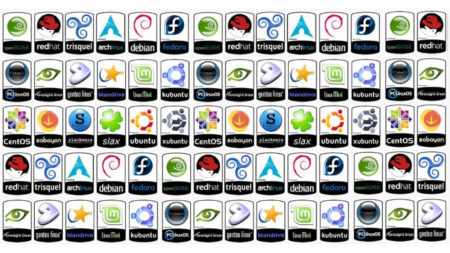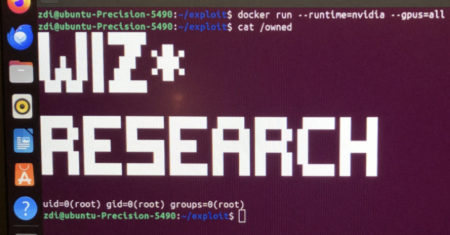CVE ID : CVE-2025-7855
Published : July 19, 2025, 9:15 p.m. | 2 hours, 29 minutes ago
Description : A vulnerability classified as critical was found in Tenda FH451 1.0.0.9. Affected by this vulnerability is the function fromqossetting of the file /goform/qossetting. The manipulation of the argument page leads to stack-based buffer overflow. The attack can be launched remotely.
Severity: 8.8 | HIGH
Visit the link for more details, such as CVSS details, affected products, timeline, and more…


